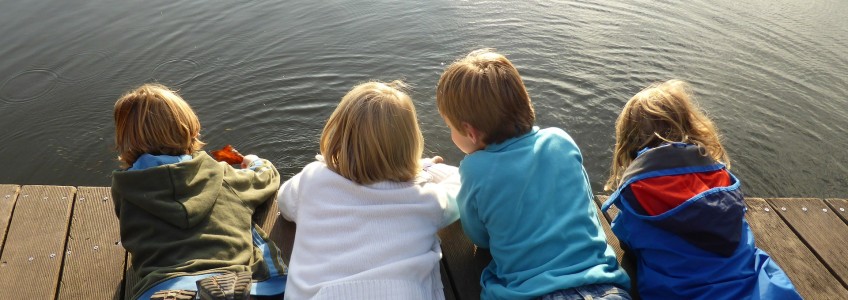What is Mindfulness?

Mindfulness is being fully present in the moment; having a non-judgmental awareness of our moment-to-moment experiences as they are occurring rather than being lost in thought about the past or planning for the future. Through mindfulness practice we can learn to be less reactive and more intentional in our words and actions. We can become more intimately aware of our emotions and respond to them, rather than being swept away by them when they become very intense. Mindfulness practice can support us in leading a richer life as we learn to ‘show up’ and be present with all that life brings our way – whether it be pleasant, unpleasant or neutral.
Mindfulness practice has become increasingly popular as people experience the myriad benefits it can bring to our health and well-being. Cutting edge research continues to demonstrate the benefit of mindfulness practice to physical and mental health and also shows how engaging in mindfulness awareness and / or compassion practice can actually change the structure and functioning of the brain. (See Dan Siegel, Sara Lazar, Rick Hanson)
Mindful awareness can be developed through formal meditation practices, such as awareness of breath, mindful walking, mindful eating, body awareness, awareness through the senses. Through intentionally practicing to develop our awareness, in a non-judgmental way, we can then learn to bring this non-judgmental, present-moment awareness into our everyday lives… and into our parenting.
Mindfulness practice can also be very rewarding and beneficial to children.
Dr. Daniel Siegel presenting a Hand Model of the Brain. How brain science relates to mindful parenting and in the courses of daily life.
